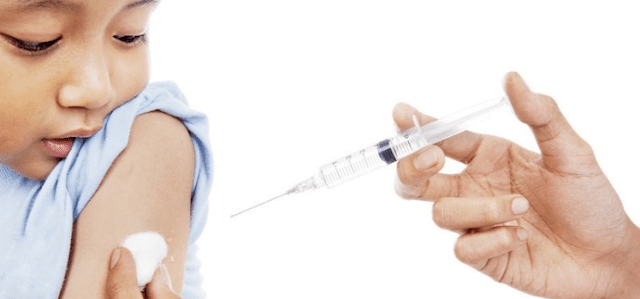Stages of Child Health and Development
Child health and development refer to the changes in a child from birth to the beginning of adulthood. The child's development is measured in the sequence of physical, language, thought, and emotional changes. Every child grows differently and develops learning depending on the surrounding environment. During the development phase, a child progresses from dependency on their parents/guardians to being self-independent.
A child's development is majorly influenced by the genes passed on from their parents and events during prenatal life. Besides this, it is also influenced by a child’s learning capacity, social norms, and environmental factors. Thus, it is very important to take the guidance of a pediatrician to observe and monitor a child’s health and development to maximize their future well-being. One can consult with the best pediatrician in Delhi, at Dr. Promilla Butani’s Pediatrics Practice and get a consultation from Dr. Promilla Butani. Dr. Promilla Butani specializes as a consulting pediatrician and neonatologist and has an experience of more than 40 years in the field of pediatrics.
There are three stages of child development, which include early childhood, middle childhood, and adolescence.
First stage:
Early childhood: The development stage from birth to eight years.
Children grow and develop rapidly in the early childhood years, and the primary developmental task of this stage is skill development. There is a rapid physical change amongst children between birth and age three. They master skills like sitting, walking, using a spoon, scribbling, throwing, and catching a ball.
When the child is between three and five years of age, they develop fine motor skills and gross motor skills where they learn to hold a good control of crayons, pencils, balancing on their foot, etc. After the five years of age, a child's physical growth slows down; however, the body proportion and motor skills become refined.
Early childhood physical changes are accompanied by a child’s cognitive and language development too. Children use their senses to adapt to their environment and develop a sense of effect from the response of their caregivers.
Second stage:
Middle childhood: The development stage from eight to twelve years.
During middle childhood development, a child can understand basic abstract concepts, which include time and money. This period helps the child to develop foundation skills where the cognitive skills, personality, and interpersonal relationships refine. During this period the physical development is fairly constant, unlike early childhood.
Third stage:
Adolescence: The development stage from twelve to eighteen years.
The adolescence stage is an important period for cognitive development. This stage marks a transition in thinking and reasoning about different problems and ideas. During this stage, children experience diverse and confusing physical changes, emotional and cognitive growth. During this stage, mood swings, depression, and psychological disorders are common among children. However, inconsistent behavior evens out with time and maturity.
The adolescence stage for a child is also a step towards independent and emotional development. During this period, a child often relies on the individuals of their age rather than family for emotional support.
The following are the important facts to know about child health and development:
Child development is an interactive process.
The life outcomes are not determined solely by the genes but also the environmental factors and early experiences in the first few years.
Early childhood experiences can result in physical disruption that can last a lifetime.
Attachment to parents is primary; however, caregivers both inside and outside the family also benefit a child's social and emotional development.
Supportive relationship is required to develop effective and coping skills, not rugged individualism.
A child requires comprehensive pediatric care from birth to adolescence to meet their developmental milestones. One can visit Dr. Promilla Butani’s Pediatrics Practice and consult Dr. Promilla Butani, one of the top 10 child specialist in South Delhi, if their child is facing any health issues including physical, behavior, and mental health issues.



Very nice & good looking posts,Thank you for sharing.
ReplyDeleteBest Indian Astrologer in Northwest Territories